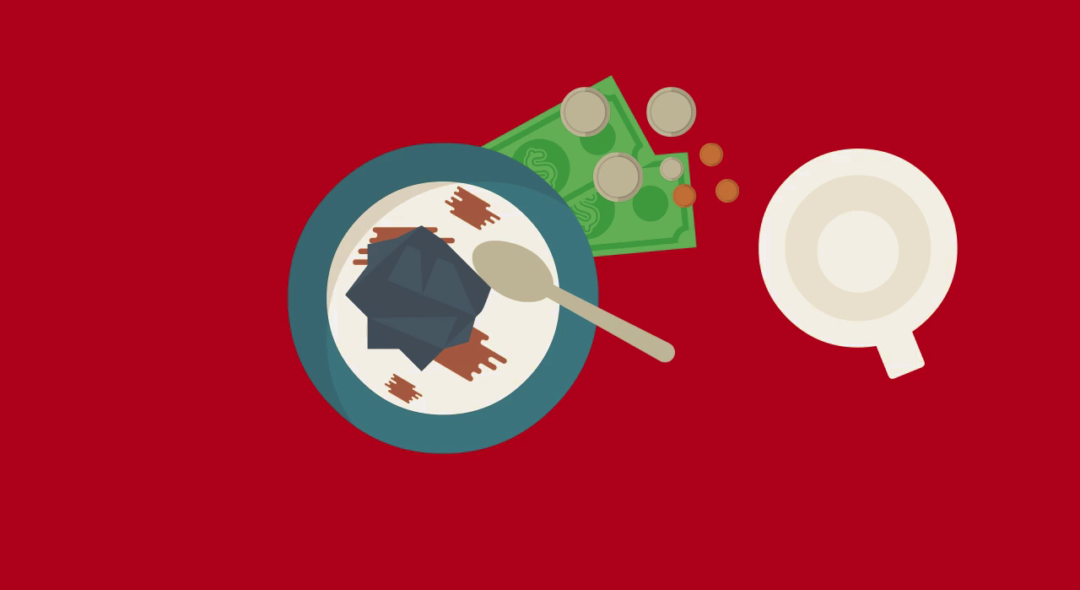Tips on Tips: Your guide to accepting tips
Tipping culture varies all over the world. This is your guide to navigating a pretty confusing and sometimes sensitive topic.
Imagine this; a guest you’ve been serving for a few days is checking out. Maybe you’ve given them some insight on some local restaurants, told them about some local attractions or arranged a few taxi rides for them. Maybe you’ve taken their room service orders or helped them with their bags or held the door for them. You’ve seen them around the hotel and have said hello and smiled at them. You’ve done your best to ensure that they’ve had the best time possible during their stay. You finish up with their bill and tell them that they’re all set to leave. They say thank you very much and reach out to shake your hand. As they pull their hand away, you realize that they’ve left something in the palm of your hand. It’s a crisp $10 bill!
No need to panic! In fact, a congratulations are in order! You have just earned a tip!
Tips are a major part of the service industry all over the world. In some places, employees expect tips and are a little insulted if they don’t get one. In some restaurants around the world, tips are collected and pooled together to be distributed evenly among all of the employees. Some people rely on tips as part of their income because they are paid less than minimum wage. The point is, you have to be aware of the fact that tipping is a large part of certain cultures and in others it’s not.

Here is the important thing to remember; not getting a tip does not mean that you did a bad job. The best practice here is to allow the guest to do whatever makes them comfortable. If they want to give you a tip, great! If not, that’s OK too. Tipping is up to them. Asking, “where is my tip?” is a pretty good way to turn a guest experience sour. Some guests may come from a culture that doesn’t tip, or someone may have done some research and learned that tipping isn’t a commonly used practice wherever they’re travelling. When dealing with cultures from all over the world, patience and understanding can go a long way. Let the guest decide what they want to do.
Some guests may ask you, “Can I give you a tip?” or “Do you accept tips?”. This can be an awkward question (make sure they don’t mean that they want to give you some advice! If the guest is having a problem or they’re upset about something, they probably don’t want to give you money. Context is important. In some parts of the world, talking about money makes some people uncomfortable. In other parts of the world, it’s normal to haggle over prices! The best practice here is modesty. Tell the guest that you appreciate the offer but it is not necessary. In fact, some companies have strict no tipping policies (I worked for one such company!). If this is the case, follow company guidelines. A coupe of bucks is not worth you losing your job over! You may have to explain to the guest that you are not allowed to accept tips. Even after you’ve told them it’s not necessary, or that you can’t take tips, some guests will insist.
If it’s OK for you to take tips, accept it and make sure you show them that you’re grateful! You can’t snatch the offered money out of the guest’s hand, offer a quick thanks and walk away without another word after you just told them it wasn’t necessary. That could upset the guest and get you into some hot water! You must express to the guest that you are genuinely thankful. They did just give you money they didn’t really have to give you. Show your appreciation!
It’s also important not to brag about or flaunt tips in front of co-workers. This is a good way to make other people feel upset or frustrated and cause problems in the workplace. It can make others feel invalidated or like they’re not good at their job. Being discreet is key. Take the tip as confirmation that you’ve helped to make the guest’s experience good and carry on.
Tips may not always be given directly to you. Here are a few common tipping situations:
- Money left on the restaurant table
- Money left in the bill fold
- Tipping options on a debit or credit machine
- Money left on the dresser or side table**
- Money attached to a note of thanks
**Be sure that this money has been left for you! You don’t want to be accused of stealing money!

And there you have it! your guide to tips in the world of service. If you get lots of tips, great! If you don’t, that’s OK too. Don’t let it discourage you or make you think you’re doing a bad job. Always try your hardest to provide the guest with the best experience that you can. That’s probably the best “tip” I can give you!
Here’s the guide to a few words or expressions you may not know
- Tip- 1) A sum of money given to someone as a reward for their services. 2) A small but useful piece of practical advice.
- Minimum wage- The lowest wage permitted by law or by a special agreement (such as one with a labor union).
- Haggle- Dispute or bargain persistently, especially over the cost of something.
- Buck- A slang term in North America for money.
- Get into hot water- An expression for getting into trouble.
- Genuine- (Of a person, emotion, or action) sincere.
- Flaunt- display something, especially in order to provoke envy or admiration or to show defiance.
- Discreet- Careful in one’s speech or actions, especially in order to avoid causing offence or to gain an advantage.
Source: